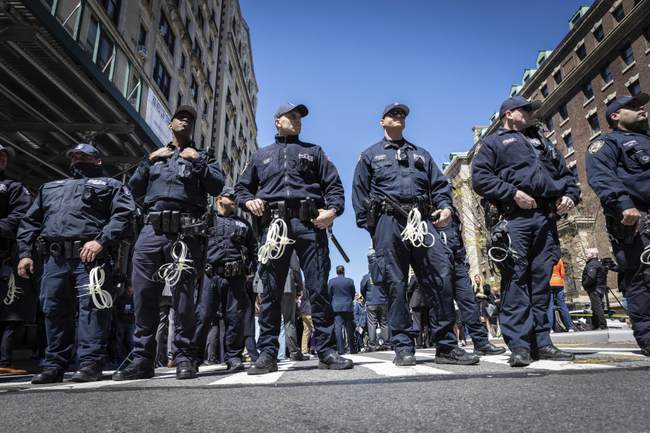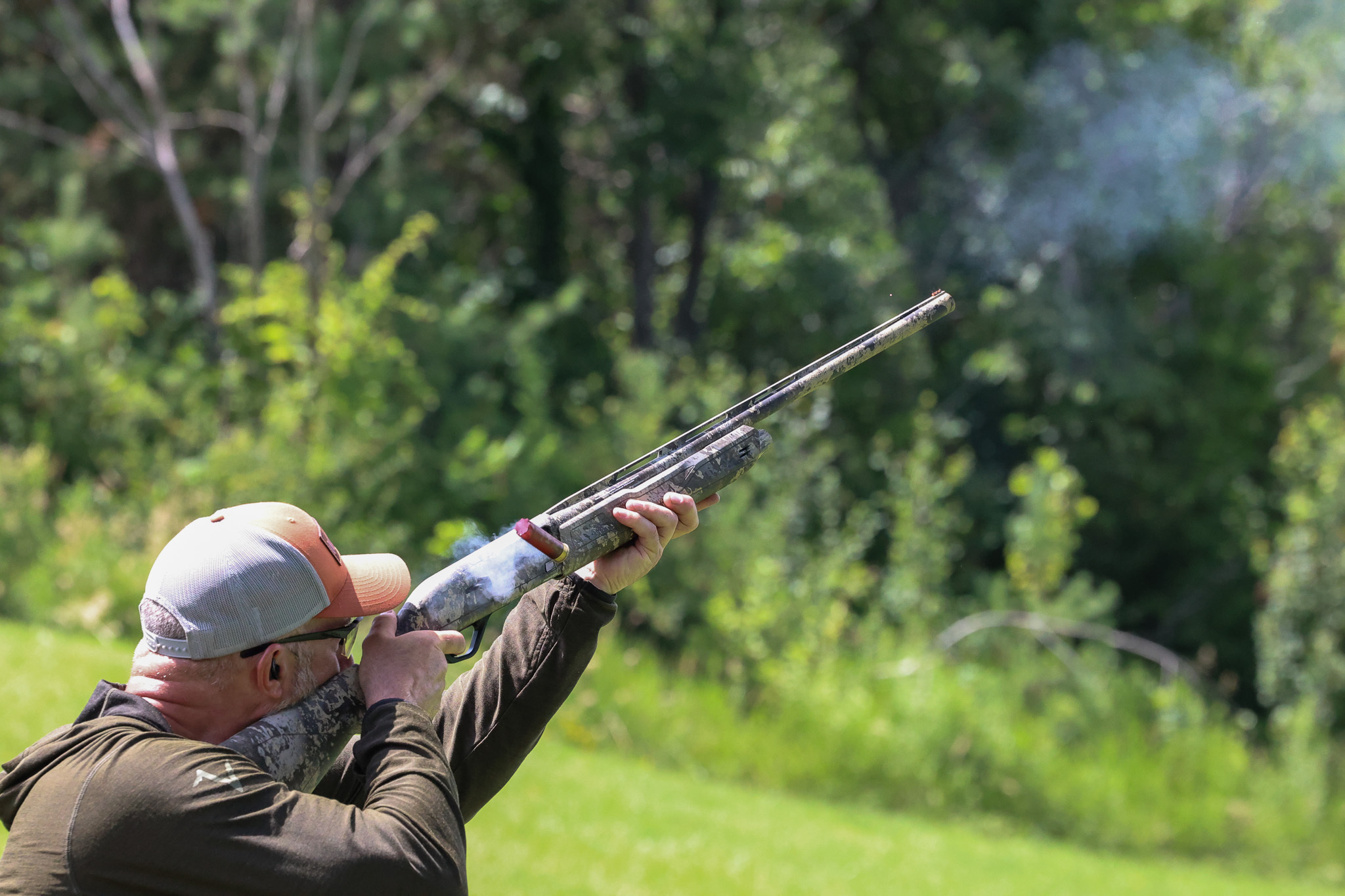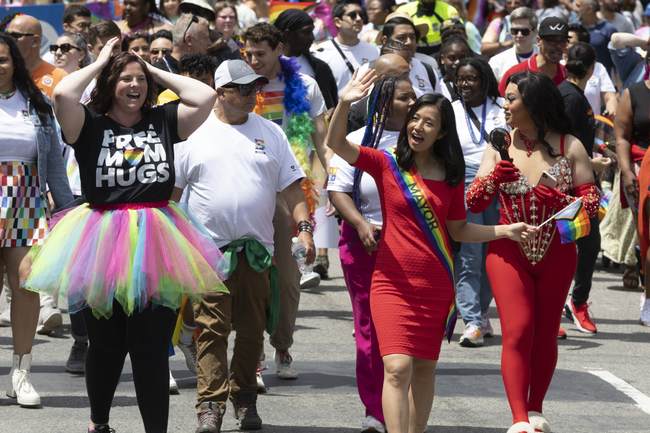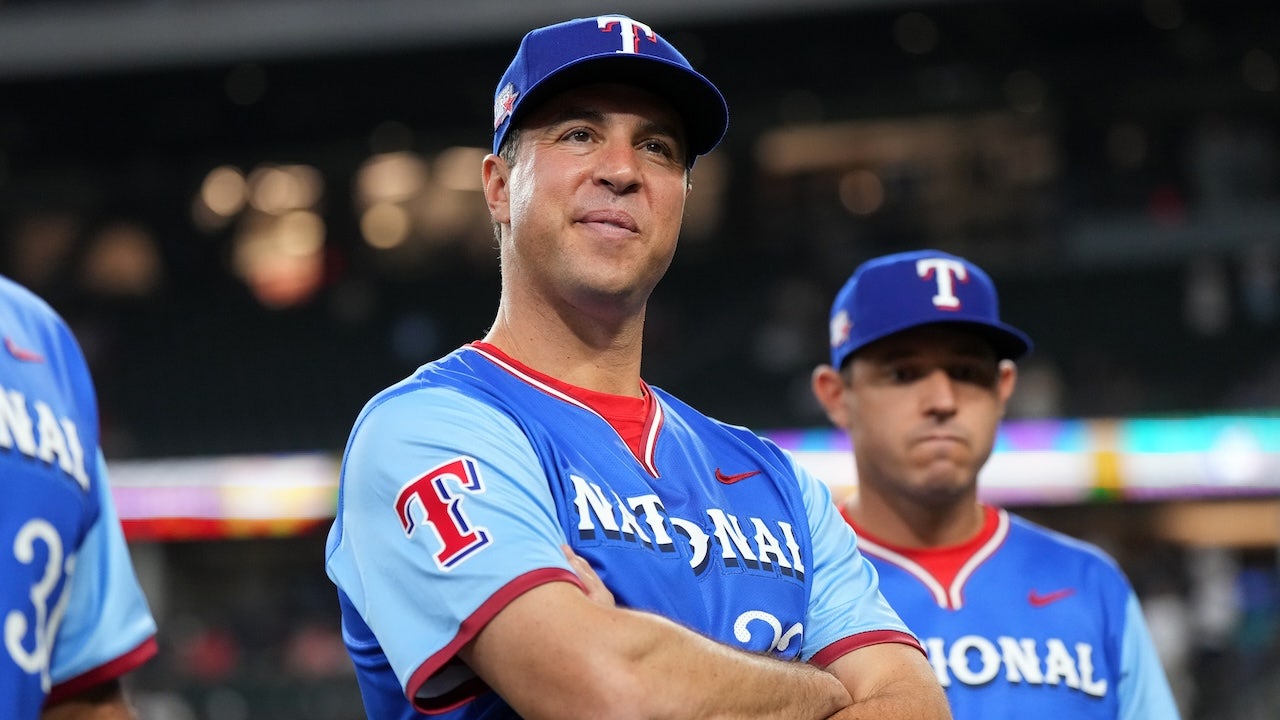Last week a group of Columbia student activists chained themselves to gates to make demands of the school, specifically that it name the person who gave information of Mahmoud Khalil to ICE.
The protest started Wednesday afternoon and the activists vowed to stay until their demands were met.
LOCATION CHANGE: EARL HALL GATE. Columbia threatened disciplinary sanctions for multiple Jewish students but we’re not moving. Calling all Columbia alumni to join us! Hold the trustees accountable. @JVPColumbia pic.twitter.com/aKgrdNTgmY
— Columbia Palestine Solidarity Coalition (CPSC) (@Columbia_psc) April 2, 2025
There was a protest around the people chained to the gate:
FREE, FREE MAHMOUD KHALIL! Free all Palestinian prisoners, from Gaza to New York! 🇵🇸✊🏼
Students who chained themselves to the gates and their supporters will be rallying all night, stand in solidarity at Columbia!
📍W 117th & Broadway pic.twitter.com/cbzOaxd4gb
— Within Our Lifetime (@WOLPalestine) April 3, 2025
But later that night, campus safety officers cut people from the fence and removed them. You can hear the shrieking in this video clip.
They NY Times reports this is a more confrontational approach than the school has taken in the past.
A new, more assertive stance was on display on Wednesday, as the university’s officers intervened to stop a daylong demonstration of students, most of whom were Jewish, who had chained themselves to the campus’s wrought-iron gates. Their demand: that the school’s board of trustees tell them who provided the federal government with information that led to the arrest last month of Mahmoud Khalil, a Palestinian activist and recent Columbia student.
Moving to end the protest, public safety officers cut or untangled the students from their chains at about 11:15 p.m., and then physically picked them up before escorting them from campus. The officers carried at least one student off the lawn, according to video posted on social media and student interviews.
“I yelled out in pain that they were cutting off the circulation to my wrist, but they ignored me and proceeded to drag me from under my arms before I had the chance to stand on my own,” said Maryam Alwan, 22, a protesting student whose chain was cut Wednesday night. “And then they fell on top of me, and I was pushed to the ground.”
What the activists don’t tell anyone is that everyone chained to the fence was given multiple chances to remove themselves and warned what would happen if they refused.
Last night, several individuals chained themselves to the fence of Earl Hall. These individuals were given warnings that the space had been declared closed by the University and that they would face disciplinary consequences if they did not disperse. Three individuals remained. They were asked for identification, which two provided, informed of Rules violations, and informed they would be escorted off campus by Public Safety if they did not disperse. Following these repeated warnings, the chains were removed by Public Safety and the individuals were escorted off campus.
In short, the activists chose this outcome. All of this happened just as the school is about to add 36 new patrol officers to the campus.
The 36 new special patrol officers announced last month by Columbia University were appointed by the New York Police Department and will be subject to the orders of the police commissioner, a Columbia spokesperson confirmed this week.
Columbia’s leaders applied to the city’s police commissioner for peace officers last year after they had twice called in NYPD to arrest pro-Palestinian student protesters who had set up an unauthorized tent encampment on a campus lawn last spring and barricaded themselves inside an academic building…
Under city law, opens new tab, Columbia pays for the training and the salaries of the officers appointed by NYPD, and they remain Columbia employees. But they will also “possess all the powers and discharge all the duties” of regular NYPD patrol officers.
So it sounds like things are about to get even tougher on activists who want to see how far they can push the university.
Finally, behind the scenes the school’s recently departed interim president is also facing some tough questions from government attorneys.
Katrina Armstrong, who stepped down as Columbia’s interim president March 28, was questioned by a government attorney in Washington, D.C., this past Tuesday for about three hours as part of the Trump administration’s investigation of antisemitism on campus. The deposition offers a behind-the-scenes glimpse into the relationship between elite universities and an administration taking extraordinary measures to reset their campus cultures.
Armstrong told officials during questioning that she wasn’t aware of allegations that classmates had spit on Jewish students nor did she know the names of faculty alleged to have distributed materials justifying the Oct. 7 Hamas attack on Israel. She said she didn’t recall learning that students were calling for the destruction of the state of Israel.
“I’m just trying to understand how you have such a terrible memory of specific incidents of antisemitism when you’re clearly an intelligent doctor?” Sean Keveney, acting general counsel of the Department of Health and Human Services, said about halfway through the deposition.
Armstrong has now been replaced by acting president Claire Shipman. We’ll have to wait and see if she does better than her two predecessors.
Read the full article here






![Two Biological Males Face Off to Take Home Women’s Pool Championship [WATCH] Two Biological Males Face Off to Take Home Women’s Pool Championship [WATCH]](https://www.lifezette.com/wp-content/uploads/2025/01/2025.01.23-02.00-lifezette-67924b840cb2f.jpg)

![Brawl Erupts on American Airlines Flight 2249 [WATCH] Brawl Erupts on American Airlines Flight 2249 [WATCH]](https://www.boredtrashpanda.com/wp-content/uploads/2025/08/2025.08.29-12.13-boredtrashpanda-68b199536dc02.jpg)


